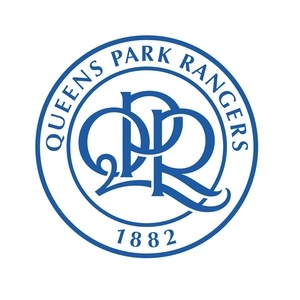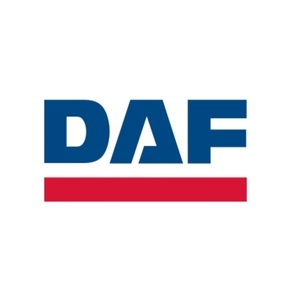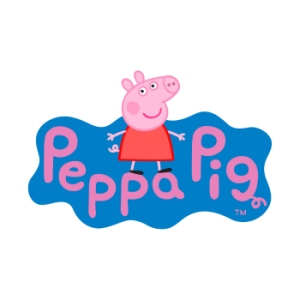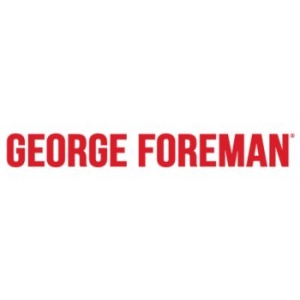Search-a-brandPowered by BRANDSMITHS
Search-a-brand assists you in researching, choosing and building a brand for your company, service or product. Try it out and search with the intended name!

JUSTICE FOR PLAYERS (JFP) v FIFA & OTHERS
Author: Courtney Bryan-Isaacs
What happened previously with Diarra v FIFA?
Due to a disagreement relating to his salary, Diarra refused to train, consequently his contract with Lokomotiv Moscow was terminated “without just cause” pursuant to Article 17 of FIFA’s Regulations on the Status and Transfer of Players (“Regulations”).
Diarra tried to join Belgian club Charleroi, however the Russian Football Union refused to issue an International Transfer Certificate (“ITC”). Further, Charleroi sought assurances from Lokomotiv that they wouldn’t be held jointly and severally liable for damages sought by Lokomotiv against Diarra. Lokomotiv refused and the transfer didn’t go ahead.
After going through the FIFA Dispute Resolution Chamber, CAS and the Belgian Court at first instance, FIFA and the Belgian FA appealed to the Belgian Court of Appeal (“BCA”). The BCA sought a preliminary ruling from the CJEU on whether some of the Regulations were precluded by EU law.
As a result of withholding the ITC to prevent Diarra moving to Charleroi, the CJEU held that certain aspects of the Regulations are incompatible with freedom of movement under Article 45 TFEU. Further, it was held that certain aspects of the Regulations are restrictions of competition by “object”, therefore being incompatible with EU competition law Article 101 TFEU.
What is happening with the FIFA case now?
Off the back of this decision, the JFP has started a class action against FIFA, along with the football associations of France, Germany, the Netherlands, Belgium and Denmark on behalf of thousands of other football players who have been adversely affected by the incompatible Regulations.
JFP have instructed Jean-Louis Dupont who previously represented Jean-Marc Bosman in the landmark Bosman case. This may have some indication as to how significant this class action will be.
On one side of the coin, the Regulations are there to ensure structure and balance in football, however, on the player side the concern is that a football career is short, and they should be able to move where they want to maximise their earnings. It may be hard for FIFA to put forward a robust defence considering the Diarra ruling, this class action may signal the opening of the floodgates.
Contact us
For more information on our sports lawyers and the services we offer, visit our sports law page. Alternatively, you can contact us at info@brandsmiths.co.uk.
Brandsmiths is a trading name of Brandsmiths S.L. Limited which is authorised by the Solicitors Regulatory Authority, SRA No: 620298. Founding Partner: Adam Morallee
Privacy and Cookie Policy | Terms and Conditions | Complaint Procedure | Site by: Elate Global




















































